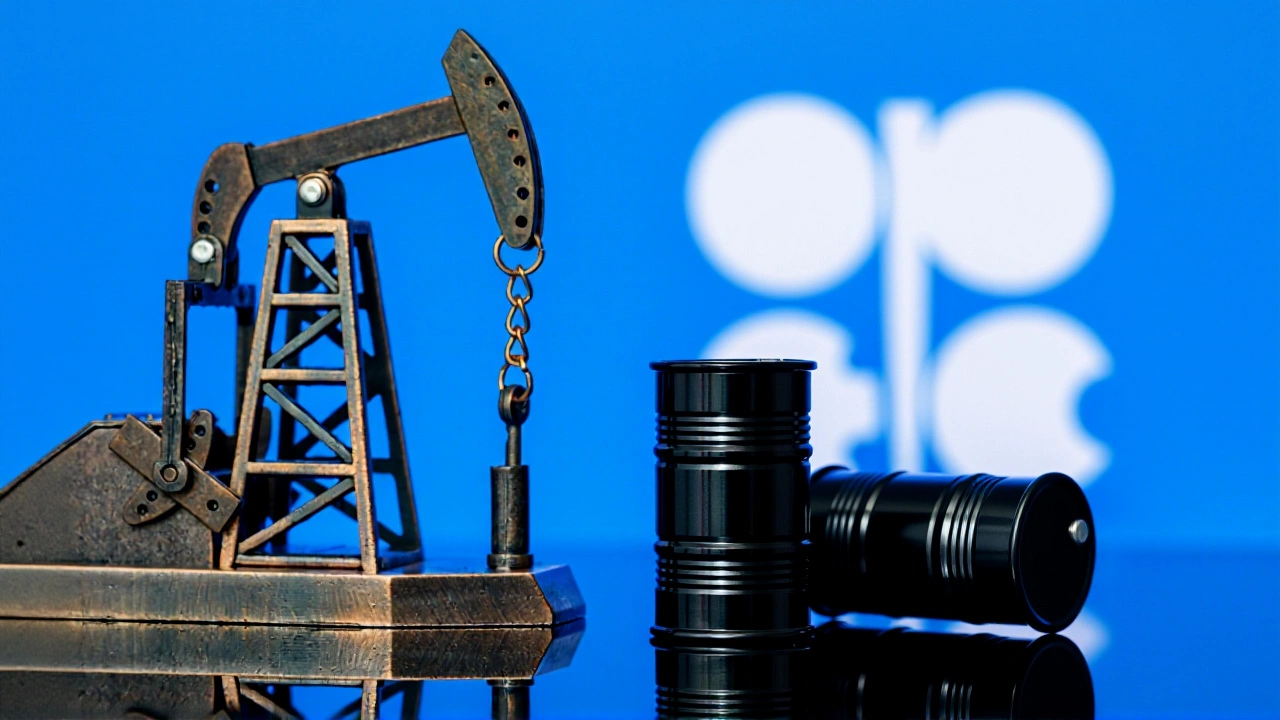Oil Production
When talking about oil production, the process of extracting crude oil from underground reservoirs and turning it into a marketable commodity. Also known as crude oil extraction, it fuels economies, creates jobs, and powers many daily activities.
One of the core materials behind oil production is petroleum, a mixture of hydrocarbons that includes crude oil, natural gas, and condensates. Often called black gold, petroleum is the raw feedstock that refineries process into useful fuels and chemicals. Without petroleum, the whole supply chain stalls, making it a key pillar of the energy sector.
The next step after extraction happens at the refinery, a complex industrial plant where crude oil is heated, separated, and chemically transformed into products like gasoline, diesel, jet fuel and lubricants. In industry speak, a refinery _refines_ petroleum, turning raw material into market‑ready fuels. Modern refineries also produce petrochemicals that become plastics, fertilizers, and countless everyday items.
Alongside gasoline and diesel, another valuable output is LPG, liquefied petroleum gas, a by‑product of refining and natural‑gas processing used for cooking, heating and transport. Known as propane‑butane mix, LPG offers a cleaner‑burning alternative to traditional fuels, especially in regions where electricity is unreliable.
In Africa, especially Nigeria, oil production drives national revenue and shapes everyday life. Recent headlines, like Dangote Petroleum’s decision to cut LPG prices to N760 per kilogram, show how refinery output directly influences consumer costs. This move not only eases the cooking‑gas crunch but also underscores the link between oil production and local market dynamics. OPEC’s production quotas, government policies, and private sector investments all play a part in setting the pace for extraction and downstream pricing.
Challenges are part of the picture too. Declining reservoir pressures, aging infrastructure, and fluctuating global oil prices create uncertainty for producers. At the same time, investments in new drilling technology, digital monitoring, and cleaner‑burning fuels aim to boost efficiency and reduce environmental impact. Understanding these factors helps readers see why news about price cuts, refinery upgrades, or policy shifts matters beyond the headline.
Staying up‑to‑date on oil production matters because each development ripples through the economy, the environment, and even everyday household bills. Below you’ll find a curated set of articles covering everything from price adjustments in the Nigerian LPG market to broader trends in petroleum refining across the continent. The collection offers practical insights, real‑world examples, and a clear view of how the sector is evolving right now.
Ready to dive deeper? Browse the articles below to see how oil production, petroleum, refineries, and LPG intersect with the latest African energy news, and get a better handle on what’s shaping the market today.

OPEC+ Adds 432,000 bpd, Brent Crude Climbs 1.7% to $85.40
OPEC+ lifts output by 432,000 bpd, nudging Brent to $85.40. Analysts see a cautious market boost amid inflation worries and geopolitical strain.




